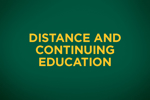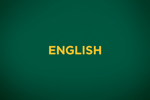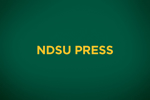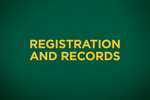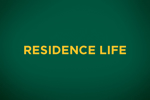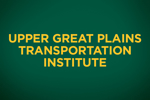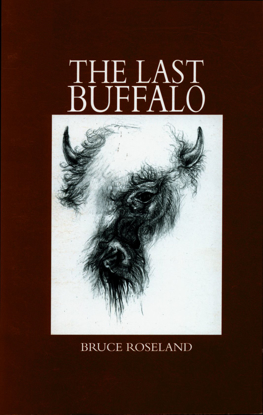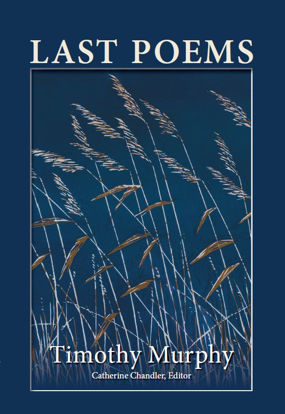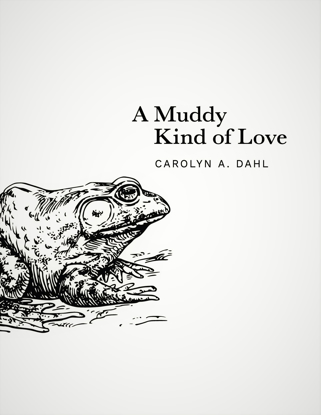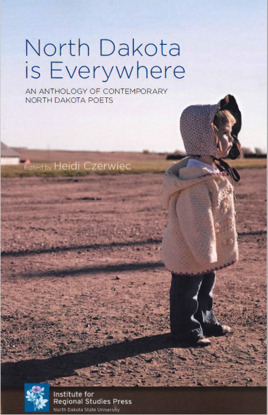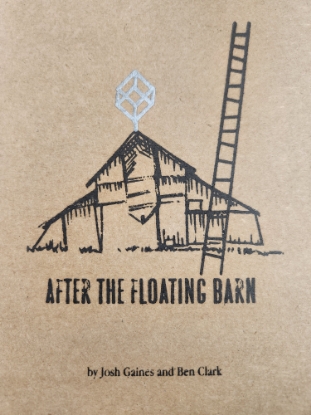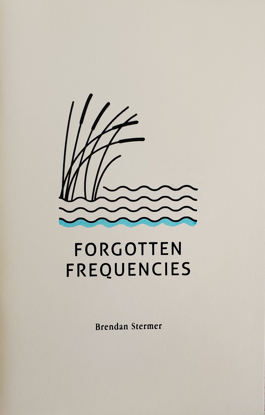Poetry
Last Buffalo, The
Contemporary poetry from the farms and ranches of the Dakotas. Striking insights into 21st Century rural life.
By: Bruce Roseland.
Last Poems
Last Poems, by Timothy Murphy
As described by the collection editor, poet and translator Catherine Chandler, Last Poems is a veritable journal intime, albeit one that Timothy Murphy wished to share with his readers. In his unmistakable voice, and often in stark language almost too painful to read, Tim chronicles his physical, spiritual, and emotional life during his final months, beginning on the day of his cancer diagnosis in early January 2018, through his various treatments, and ultimately his decision to withdraw from clinical trials. . . . Let [Last Poems] be my Last Will and Testament, Murphy writes in "Envoi." And so it is. Last Poems bears witness—with grace, grit, and gratitude—to the life and loves of this major North American poet. Hardcover.
Muddy Kind of Love, A
A young girl dreams of becoming a circus performer and riding pink elephants in a sequined gown. A young boy hopes to use magic, a divining rod, to find his grandfather's trunk of gold buried on their land, so family stories say. But their exotic dreams eventually turn into the simpler life of farmers, though their simple life is never simple.
Their many stories are told in poems with achingly powerful expressive language in Carolyn Dahl's chapbook, A Muddy Kind of Love. Hand-letterpress printed, A Muddy Kind of Love is the 2020 Poetry of the Plains & Prairies Award winner.
North Dakota is Everywhere
The scope of the poets in this collection is as broad as the landscape itself, including work by Heid E. Erdrich, Mark Vinz, Debra Marquart, Ed Bok Lee, and North Dakota’s Poet Laureate,Larry Woiwode.
Some are poets descended from indigenous inhabitants of the High Plains. Others are descendants of those who immigrated here,from Germany, Russia, or the Scandinavian countries in the nineteenth century, or more recently from other parts of the country and world. They write about the historical struggles of settlement and assimilation, and more contemporary versions of those struggles in the Bakken oil patch in the western part of the state. Some write about North Dakota from the rural settings they have known and loved for a lifetime, others from the distant vantages of nostalgia or escape, and still others from the point of view of transplants coming to terms with their new home. The poets here include seasoned and emerging voices, women and men, old and young, those from the ranching and oil-flared badlands west of the Missouri, and from the flood-prone river valley farmlands of the east.
The poems in this book ache for home. They ache to be at home. In reflecting those who ache in this great expanse, these poems are about what connects us together as humans, poems that sing to each other across lines and pages and space, demonstrating that, as poet Thomas McGrath asserts in his Letter to an Imaginary Friend,North Dakota is everywhere.
Edited by Heidi Czerwiec
Copyright 2015
180 pages
Softcover
After the Floating Barn
Winner of the 2025 Poetry of the Plains & Prairies (POPP) Award
Volume 10 of the POPP Award Series
This collection of poems is a narrative, a folk tale, a ghost story, and a loose, speculative history of a strange few acres of land in Nebraska called Art Farm. We wrote it during a two-month-long artists’ residency in 2017.
This book began as a sort of reply to an unpublished chapbook by Ben Clark and GennaRose Nethercott called, Dear Fox, Dear Barn. In that book, The Barn is a character. We began to dissect how the land of Art Farm Nebraska and its inhabitants interacted around that character. On the farm there are multiple structures in a constant state of renewal and decay. Throughout the summer and fall people live and work there, rebuilding and creating. In the winter the weather takes over. The raccoons take over. The ghosts come back. The story goes, sometime in the early 2000s, what would become The Floating Barn was being moved from another farm on huge steel I-beams. When they reached Art Farm, the barn started to shift. Instead of risking further damage they stopped moving and built a trailer-high post foundation beneath the I-beams and reinforced the damaged areas. The building seemed to float there above the prairie, dropping shingles and wall sections until it finally collapsed in a 2018 winter storm. One other structure mentioned directly in our book is a farmhouse built around 1910. Ben and I lived in that house with the mice and mosquitos and attic raccoons for two months. It was amazing.
Forgotten Frequencies
THE FIRST FORTY CUSTOMERS TO ORDER THIS TITLE FROM OUR ONLINE STORE WILL RECEIVE AN AUTOGRAPHED, LETTERPRESS PRINTED CARD FEATURING THE POEM "DECEMBER" FROM THIS COLLECTION.
Winner of the 2023 Poetry of the Plains & Prairies (POPP) Award
Volume 8 of the POPP Award Series
From the author:
I began writing Forgotten Frequencies while working as a country radio broadcaster in my hometown of Montevideo, Minnesota. During this time, I began to conceive of the poetic imagination as a kind of underground radio station of the soul, hosted by the muses. When I am lucky enough to catch the signal, I hear hymns and folk songs and sonnets, sounds of ancient glacial rivers, messages from fields, and voices from this region’s past. This book is a record of my attempts to transcribe this staticky inner music.
Brendan Stermer is a poet from Montevideo, Minnesota. His work is influenced by the rich literary and artistic tradition of the Upper Midwest. He is also the host and producer of Interesting People Reading Poetry, a podcast where artists and luminaries read a favorite poem and share what it means t them. He currently lives in East Grand Forks, Minnesota, and works as a writer exploring rural health issues across the country.
ISBN: 978-1-946163-62-2
Page count: 40
Picture Count: 2
Paperback, stitched
Publication Date: December 12, 2023










